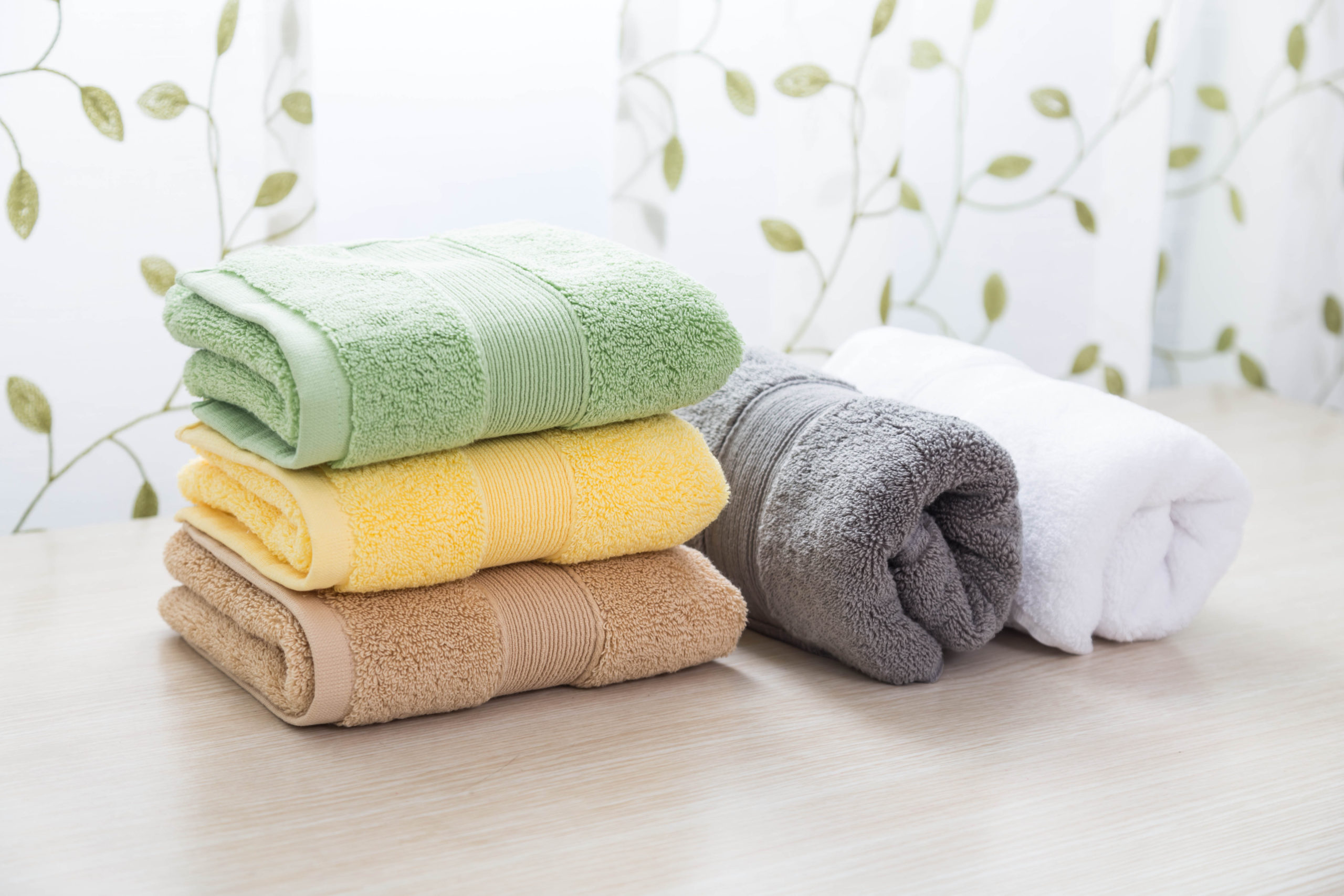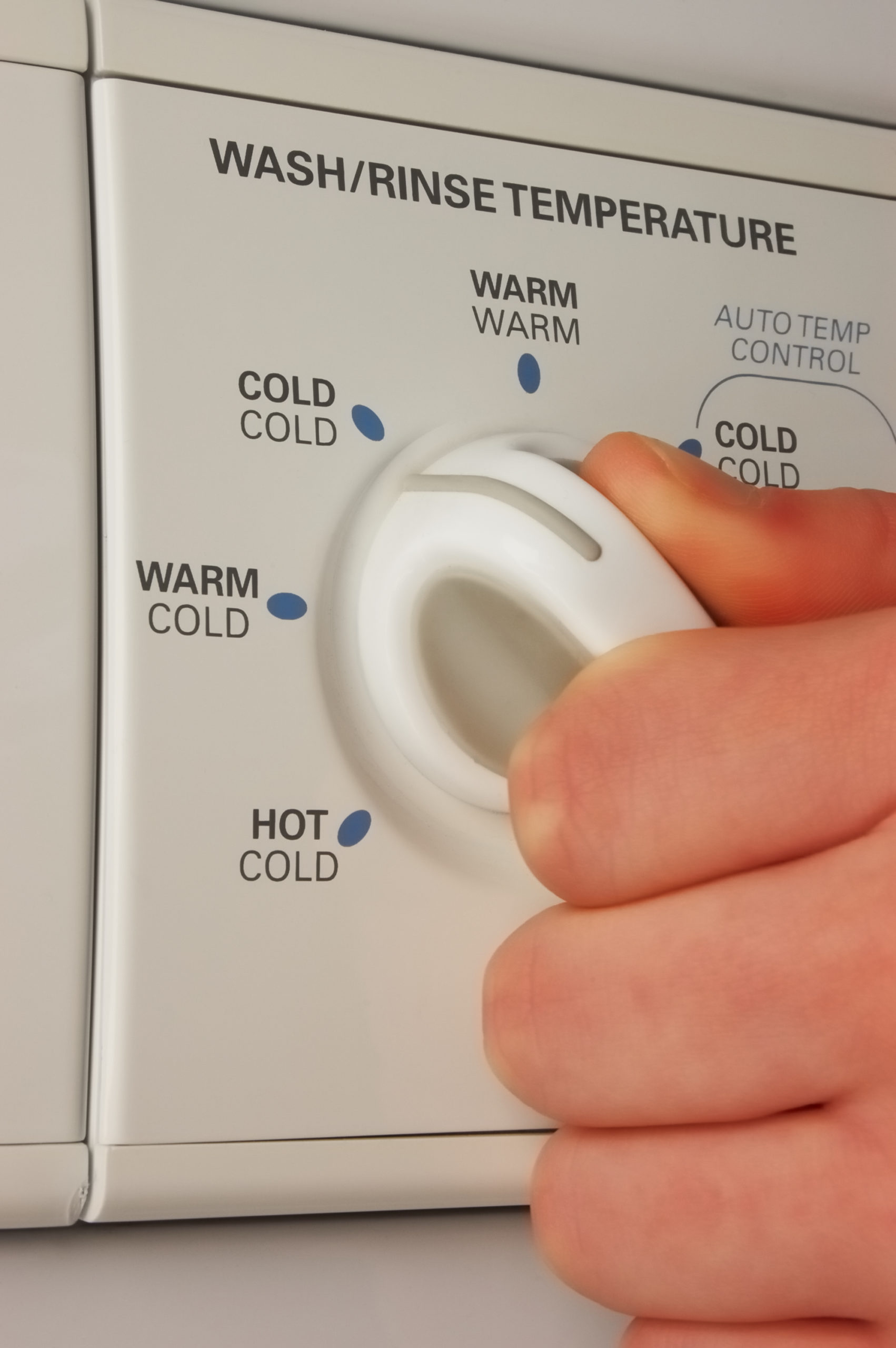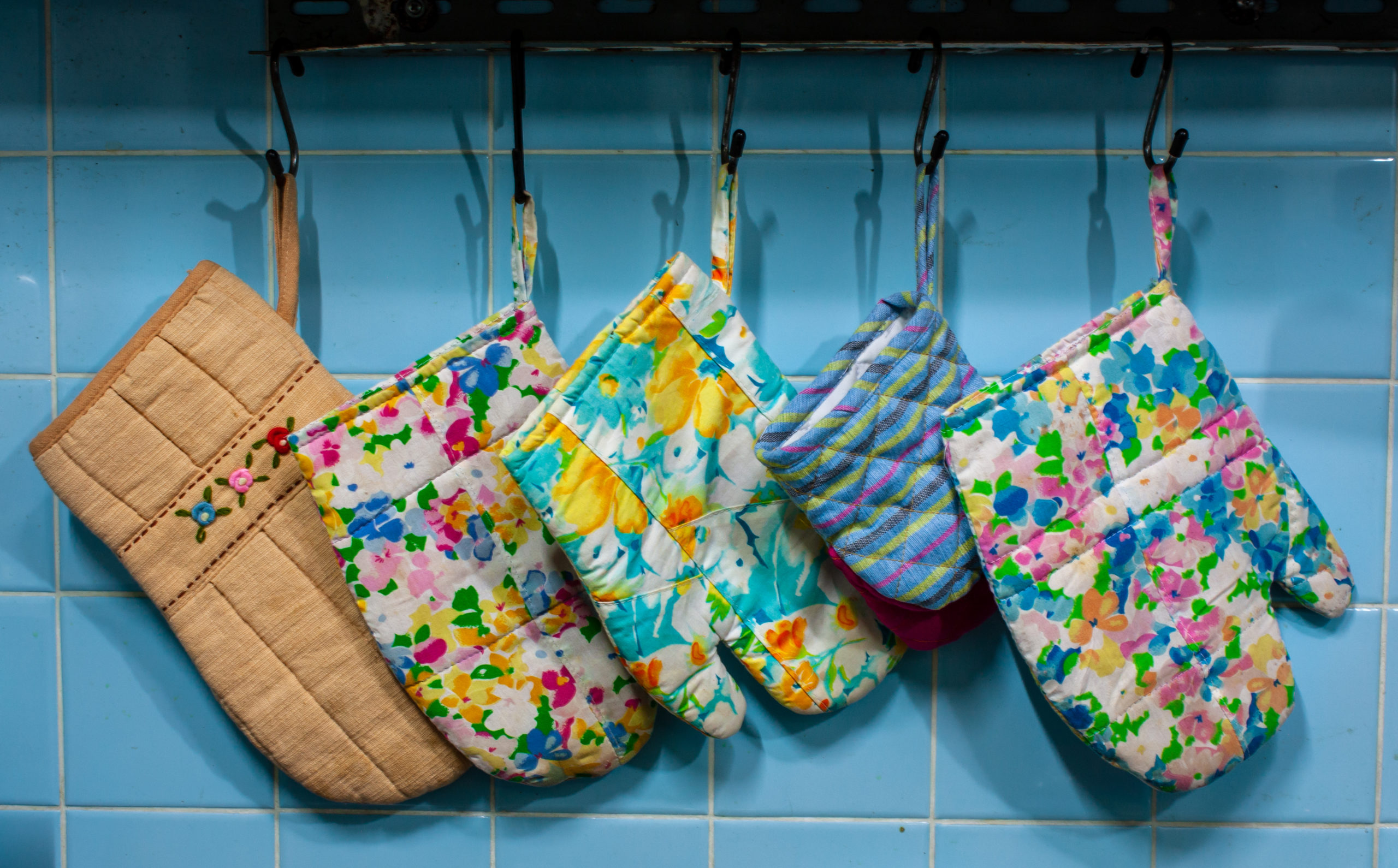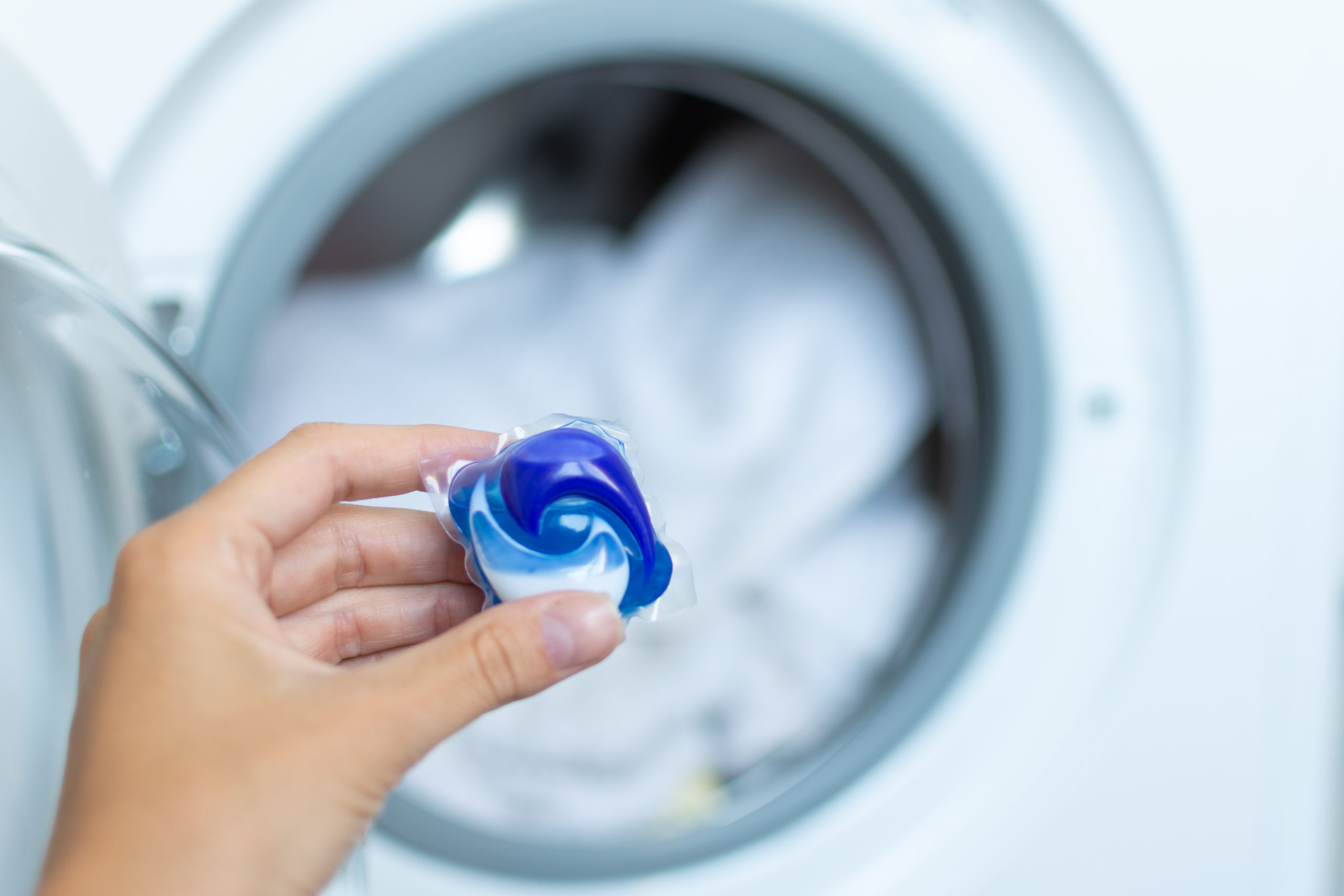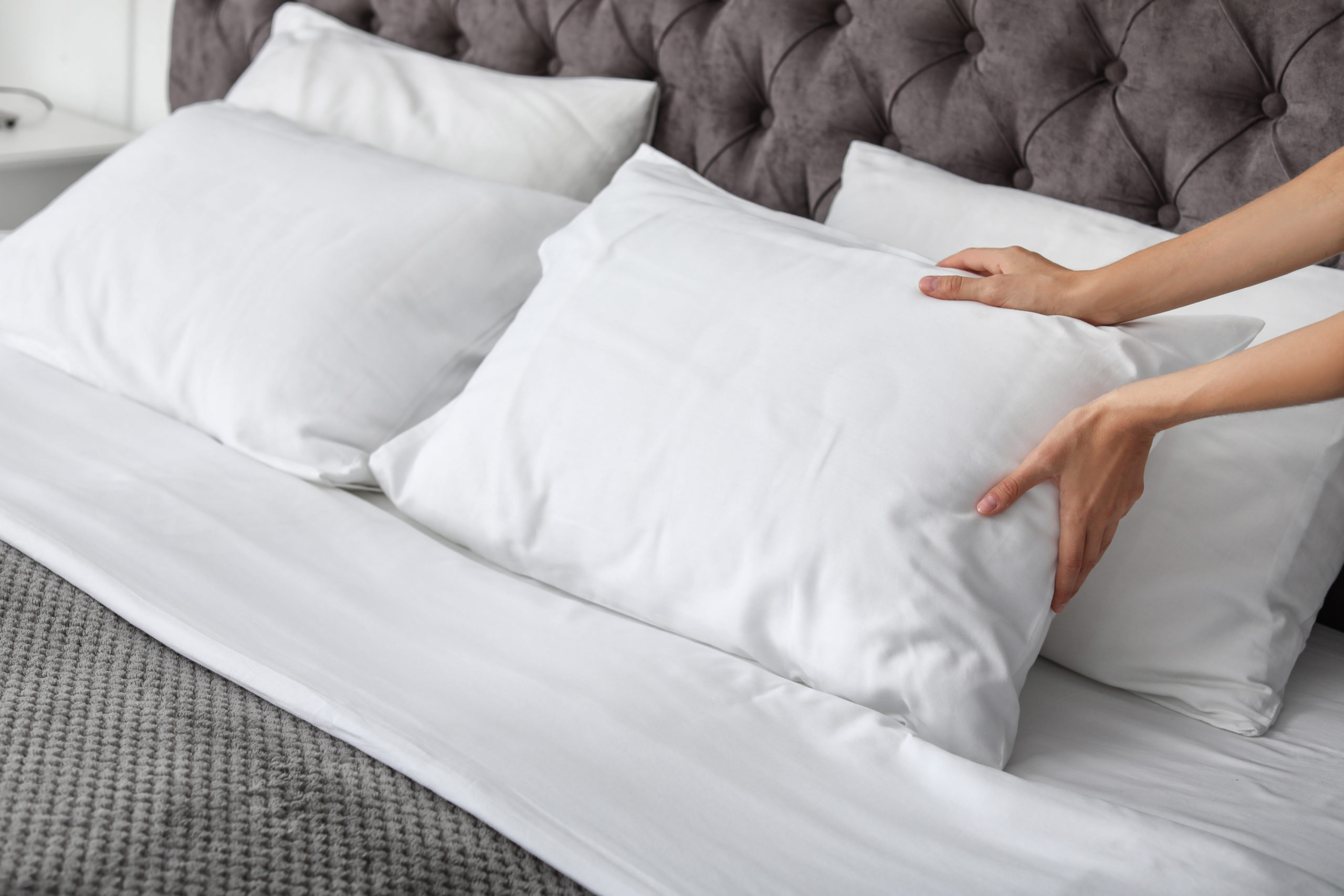How to Soften Towels.
Everyone loves a soft, absorbent towel. But even after buying the most soft and plush towels, they can end up feeling scratchy & stiff after a few months? Why?
It has to do with how they’re washed (and dried). Every towel will get this way if body soil, oils, detergents, chemicals, and minerals are left in the fibers after washing. Most of the time, the softness can be brought back by following some easy steps:
- Increase the water temperature – warm or hot water will produce best results.
- Don’t overload your washer.
- Replace fabric softeners with distilled white vinegar – this will combat the residue that reduces absorbency
- Use wool dryer balls and a lower heat setting – this keeps towels fluffy.

